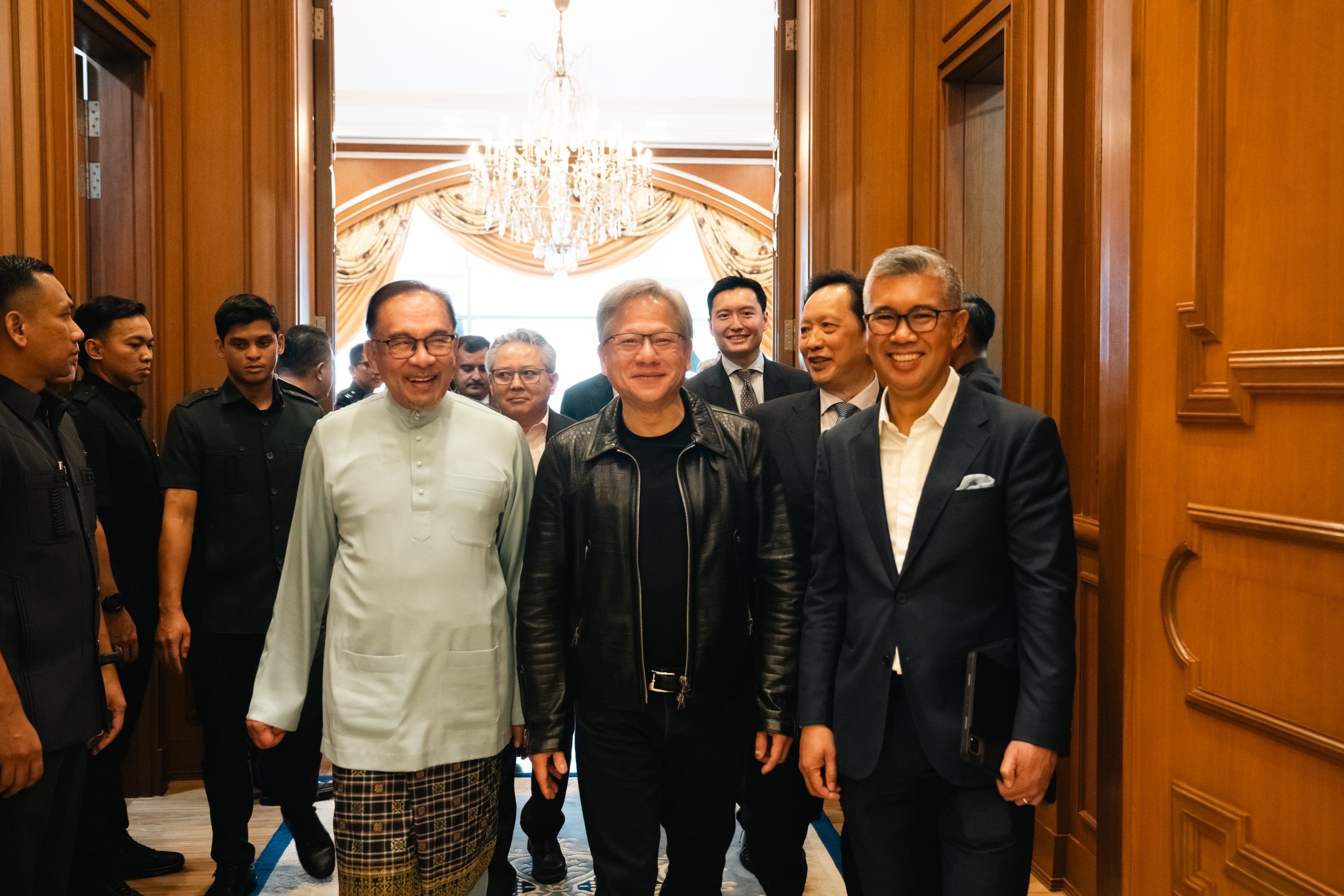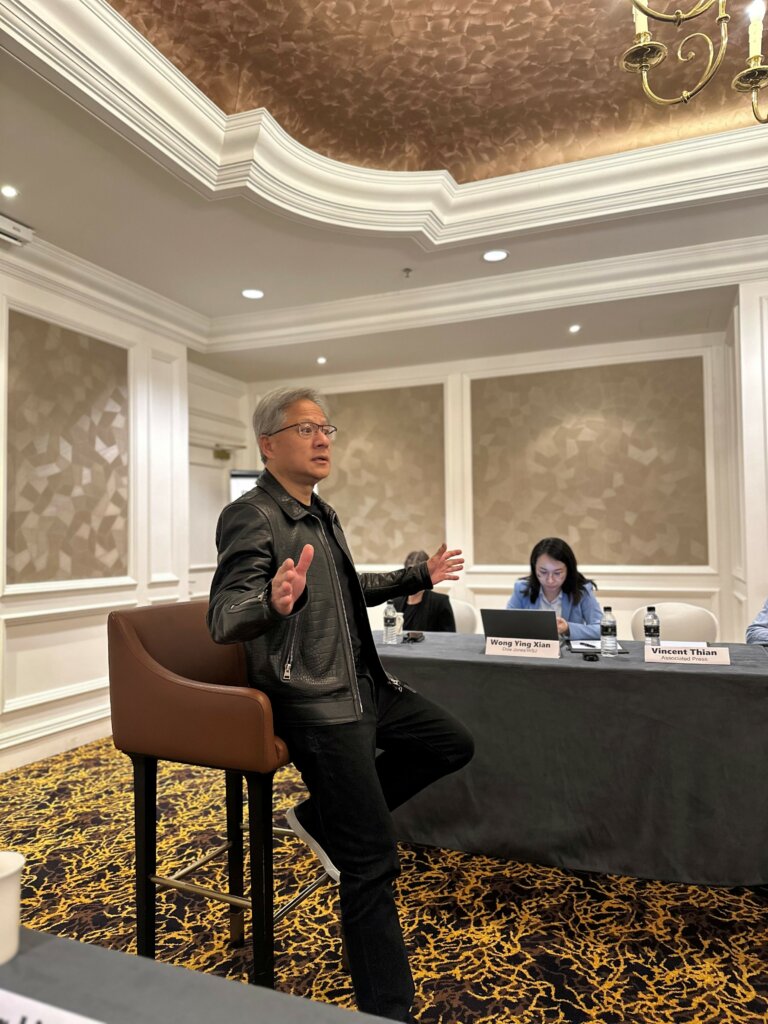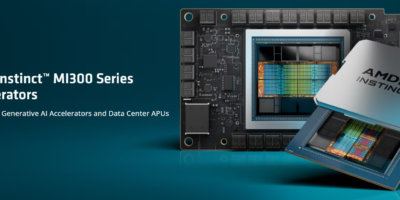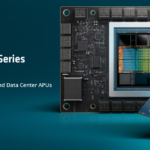
“I have the opportunity to meet your Prime Minister. And as you know, your Prime Minister is the only prime minister in the world with AI as his name, and I’m in the AI business. How can I refuse to meet the AI Prime Minister?” Jensen Huang told reporters during a media roundtable in Malaysia on Nov 8, 2023.Photo: Malaysia’s PM department.
Nvidia in Malaysia: Here’s what transpired during CEO Jensen Huang’s visit last week
- The CEO of Nvidia started his media roundtable by highlighting how Malaysia stands as a critical infrastructure hub in Southeast Asia and features notable companies like YTL.
- Shortly after the media session, YTL Power International announced its partnership with Nvidia to enhance AI infrastructure, aiming to introduce the fastest supercomputers to Malaysia by mid-2024.
- The one-hour-long press briefing had Huang share his perspectives on generative AI, AGI, Malaysia’s data center sector, and US-China geopolitical tensions.
When Jensen Huang founded Nvidia 30 years ago, he planned to transform his passion into a thriving industry. Huang and his team shared a vision for the future of computing, believing in the importance of accelerated, graphics-focused processing. They based their argument three decades ago on the rising success of video game consoles. Today, the Santa Clara-based company has evolved to become the world’s dominant producer of the microprocessors that power the AI revolution.
A significant revelation came in mid-2023 when it was unveiled that ChatGPT, the astonishing AI chatbot, had been trained on an Nvidia supercomputer. Following this, on May 25, 2023, as the Nasdaq opened, Nvidia’s market value surged by approximately two hundred billion dollars, and a few days later, the chipmaker’s market cap breached US$1 trillion. “There’s a war going on in AI, and Nvidia is the only arms dealer,” one Wall Street analyst said.
Huang, the CEO, and cofounder of Nvidia, had, in 2013, based on promising research from the academic computer science community, bet Nvidia’s future on AI. “We now have AI that can understand data of many kinds: text, images, chemicals, proteins, and even the laws of physics. And it can generate content of many kinds, text, images, videos, proteins, chemicals,” Huang told reporters during a media roundtable session in Kuala Lumpur last week.
Clad in his signature look, a black leather jacket he wears every time he is in the public eye, most often with a black T-shirt and black jeans, Huang spent an hour with local reporters on his maiden trip to Malaysia. “I have the opportunity to meet your Prime Minister. And as you know, your Prime Minister is the only prime minister in the world with AI as his name, and I’m in the AI business. How can I refuse to meet the AI Prime Minister?” he said.

Jensen Huang, founder and CEO of NVIDIA, met with the Prime Minister of Malaysia, Anwar bin Ibrahim, during his visit. Also present were Tengku Zafrul Abdul Aziz, Minister of Investment, Trade, and Industry (Miti). Source: Tengku Zafrul’s X.
When asked about the purpose of his trip to Malaysia as part of his Asian leg tour, Huang mentioned that he had taken the opportunity to visit many developers, startups, researchers, and young companies.
“Second, as you know, Malaysia is an excellent infrastructure hub for Southeast Asia, with really terrific companies like YTL,” he added. Despite earlier unconfirmed reports, it wasn’t until after the media briefing that the collaboration between YTL and Nvidia to advance AI development in Malaysia was officially announced.
Nvidia & YTL
On November 8, 2023, the Malaysian infrastructure conglomerate YTL Power International Berhad (YTL) revealed a partnership with Nvidia. This collaboration aims to develop AI infrastructure and introduce the fastest supercomputers to Malaysia by mid-2024. The announcement was made during a meeting on Friday, attended by Nvidia’s CEO, Jensen Huang, Malaysia’s Prime Minister, Anwar Ibrahim, and other key figures
YTL is an extraordinary company with incredible leadership and legacy. “[Since computing infrastructure] requires access to land, facilities, and power, I think YTL could play a great role in that,” Huang told reporters before YTL’s later announcement that day.
Unlike Singapore, this collaboration marks the inception of Malaysia’s first supercomputer by Nvidia YTL. It will deploy Nvidia H100 Tensor Core GPUs, powering today’s most advanced AI data centers, and utilize Nvidia AI Enterprise software to streamline AI production. The press release stated, “Nvidia AI Enterprise includes Nvidia NeMo, an end-to-end, cloud-native framework for building, customizing, and deploying generative AI models from anywhere.”
YTL’s AI infrastructure, located in the YTL Green Data Center Park in Kulai, Johor, is a 500 MW facility powered by on-site solar energy. It will be owned and managed by YTL Communications Sdn Bhd. The initial phase is expected to be operational by mid-2024. YTL Communications, under its ‘Yes’ brand, has been a pioneer in introducing 4G and 5G services in Malaysia.
According to YTL, this AI infrastructure will bolster the development of scientific research applications and help propel Malaysia toward becoming an AI-driven nation. The company added, “YTL not only offers energy-efficient AI infrastructure but also develops AI applications and services, leveraging NVIDIA NeMo to create a customized Malay language foundation model reflecting Malaysia’s diverse heritage.”
Nvidia CEO sees Malaysia as a data center hub
Throughout the media roundtable, Huang iterated several times on the possibility of Southeast Asia being a vital technology hub. “[The region] is very good at many aspects of the technology supply chain and quite excellent in packaging and assembly as well battery manufacturing in particular,” Huang told reporters.
In Malaysia particularly, the data center infrastructure, “a layer of computing which is one of the most important parts of AI and cloud, is very successful here,” Huang shared. “And so I think that we’re going to see Southeast Asia participate across the entire technology stack, and Malaysia play a role in cloud infrastructure,” he added.

Clad in his signature look – a black leather jacket, often paired with a black T-shirt and black jeans, which he wears every time he is in the public eye – Huang spent an hour with local reporters during his maiden trip to Malaysia. Photo: Tech Wire Asia
Huang also explained how the AI revolution has given birth to a new type of data center: the AI data center. “This type of data center is unlike the old one; it’s designed to produce while the previous kind was designed to hold data. That’s why it was called the data center. It was designed to hold all of our files and run applications,” he shared. The AI data centers, according to the tech titan, are “really factories.”
“It takes raw data and transforms it into real valuable data. That’s called artificial intelligence, a transformation that is basically like manufacturing,” Huang emphasized. Therefore, he reckons that Malaysia’s excellent manufacturing and Nvidia’s data center technology expertise could turn the country into a hub for manufacturing AI.
“China is crucial to us,” the CEO of Nvidia reiterated
The topic of China and its geopolitical tensions with the US often arises in discussions with Huang, considering that the Eastern powerhouse accounts for approximately 20% of the US chip giant’s global revenue. At the Malaysian media roundtable, the situation was no different. When asked about the dynamics between both nations, Huang remarked, “There’s no guarantee of success, so we’ll do our best to succeed.”
For context, the AI chip giant dominates over 90% of China’s US$7 billion AI chip market. The initial impact of the October 2022 US restrictions targeted the H100 and A100 AI chips, aiming to limit sales to China. In a September 2022 filing, Nvidia disclosed that the US government had permitted the continued development of the H100 in China.
However, Chinese companies then shifted to using Nvidia’s H800 and A800 chips, made specifically for the Chinese market, only to face renewed restrictions on those sales imposed by the US in October this year.
Huang explained the situation, stating, ‘The US has determined to regulate our technology, the highest end of our technology, and limit its access to China. So, the regulations specify the maximum performance we can ship to China, and we will follow the regulations precisely – and very explicitly do so.” He added that Nvidia is currently developing new chips specifically for the Chinese market.
What is AGI, and when will that be a reality?
Reporters questioned Huang about AGI—artificial general intelligence—which he described as software or a computer capable of completing tasks that reflect basic intelligence, comparable to that of an average human. “I believe we can achieve this. A general version perhaps in the next five to eight years,” he emphasized.
Huang further explained that while machine learning is proficient in tasks like recognition and perception, it currently falls short in multistep reasoning. This capability is a key area of focus for companies and researchers working towards achieving AGI.
READ MORE
- Data Strategies That Dictate Legacy Overhaul Methods for Established Banks
- Securing Data: A Guide to Navigating Australian Privacy Regulations
- Ethical Threads: Transforming Fashion with Trust and Transparency
- Top 5 Drivers Shaping IT Budgets This Financial Year
- Beyond Connectivity: How Wireless Site Surveys Enhance Tomorrow’s Business Network


